Classic cars are more than just vehicles; they’re pieces of history on wheels. For enthusiasts and collectors, owning a vintage automobile is a source of pride and joy. However, with this unique possession comes the need for specialized protection. Insurance on classic cars is crucial to safeguard these treasured assets against potential risks and damages.
When it comes to insuring historic cars, owners have several options to consider. From comprehensive coverage to collision protection, the right insurance policy can make all the difference in preserving these automotive gems. This article explores the top insurance choices for classic cars, delves into the factors that affect premiums, and provides insights to help owners make informed decisions about protecting their prized possessions.
Understanding Classic Car Insurance
Definition of a classic car
Classic cars are typically vehicles that are at least 25 to 30 years old and have historical interest . However, some insurers consider cars as young as 10 years old to be classics . These vehicles are often collected and not driven regularly, distinguishing them from daily-use automobiles .
Differences from standard auto insurance
Classic car insurance differs significantly from standard auto insurance in several ways:
- Valuation: While regular auto insurance covers vehicles based on actual cash value, which factors in depreciation, classic car insurance uses agreed value coverage.
- Usage: Classic car policies are designed for vehicles driven occasionally, such as for car shows or pleasure drives, unlike standard policies for daily-driven cars.
- Storage: Many classic car insurers require secure storage, such as a garage or barn, to protect the vehicle from the elements.
- Parts coverage: Classic car insurance may cover original parts for repairs, whereas standard policies might use aftermarket parts .
Importance of specialized coverage
Specialized coverage is crucial for classic cars because:
- It protects against depreciation, ensuring the full agreed value is paid in case of a total loss.
- It offers lower premiums due to limited use and careful ownership.
- It provides coverage for specialized repairs and restoration, which can be significantly more expensive than regular car repairs.
- It allows for adjustments in coverage as the vehicle’s value appreciates over time.
Key Coverage Options for Classic Cars
Agreed Value Coverage
Insurance on Classic Car offers agreed value coverage, which differs significantly from standard auto insurance. In the event of a total loss, the insurer pays out the full agreed value stated in the policy, without depreciation. This coverage recognizes that classic cars often appreciate in value over time, unlike regular vehicles. For instance, Hagerty Insurance provides Guaranteed Value® coverage, ensuring policyholders receive the full insured value of their classic car in case of a covered total loss.
Flexible Usage Plans
Many insurers offer flexible usage plans for classic cars, acknowledging that these vehicles are not typically used for daily driving. These plans allow for a certain number of miles for pleasure driving, car shows, and other hobby-related activities . Some providers, like Progressive Classic Car insurance by Hagerty, permit owners to take their vehicles to collector vehicle club functions, exhibitions, tours, and occasional pleasure driving.
Roadside Assistance
Specialized roadside assistance is a crucial coverage option for classic car owners. Many insurers offer tailored services recognizing that these vehicles require special handling. For example, Hagerty’s optional roadside assistance includes towing to the nearest repair facility, winching, battery jump-start, fuel delivery, lockouts, and flat tire changes. Some providers, like Classic Auto Nationwide, offer comprehensive roadside assistance packages that include guaranteed flatbed towing, lockout service, and fuel delivery.
Spare Parts Coverage
Classic car insurance policies often include coverage for spare parts. Hagerty, for instance, provides $750 of comprehensive coverage for spare parts as part of their standard policy. Some insurers offer additional coverage options for spare parts, automotive tools, and even automobilia (collectible items on the vehicle). This coverage can be particularly valuable for classic car owners who often need to source rare or hard-to-find parts for their vehicles.
Factors Affecting Classic Car Insurance Premiums
Age and condition of the vehicle
The age and condition of a classic car significantly influence insurance premiums. Classic cars, typically 25 to 30 years old or more, often appreciate in value over time due to their rarity and historical significance. This appreciation can lead to adjustments in insurance coverage and rates. The vehicle’s condition, including its restoration status and overall maintenance, also plays a crucial role in determining insurance costs.
Storage and security measures
Insurance companies consider the storage conditions of classic cars when setting rates. Proper storage in an enclosed, secure structure is often required for classic car insurance eligibility. Enhanced security measures, such as advanced security systems, 24/7 surveillance, and on-site guards at storage facilities, can result in more favorable insurance terms. Implementing tracking devices and immobilizers can also help reduce premiums.
Driving record and experience
A driver’s experience and record significantly impact classic car insurance rates. Insurers view drivers with longer histories of safe driving more favorably. For instance, 20 years of continuous insurance coverage without accidents can lead to lower premiums. Conversely, young drivers under 25 and older drivers over 65 may face higher rates due to perceived higher risk.
Annual mileage
Classic cars typically have lower annual mileage compared to regular vehicles, which can result in lower insurance costs. Many classic car policies restrict annual mileage, often to around 7,500 miles per year or less. Some insurers offer discounted policies for limited mileage, such as restricted mileage policies or pay-per-mile insurance options. Providing accurate mileage information to insurers can help ensure appropriate premium rates.
Conclusion
To wrap up, classic car insurance offers tailored protection for these valuable pieces of automotive history. The unique coverage options, including agreed value policies and specialized roadside assistance, address the specific needs of vintage vehicle owners. Understanding the factors that affect premiums, such as storage conditions and driving habits, helps enthusiasts make informed decisions to protect their prized possessions.
Ultimately, investing in the right insurance policy is crucial to safeguard classic cars against potential risks and damages. By choosing coverage that recognizes the appreciating value of these vehicles and accounts for their limited use, owners can enjoy peace of mind while preserving their automotive treasures. This specialized protection ensures that classic car enthusiasts can continue to cherish and showcase their beloved vehicles for years to come.
FAQs
1. Which company is the top choice for classic car insurance?
American Modern is highly recommended for classic car insurance due to its extensive coverage for spare parts. Safeco is suitable for those who use their classic cars as daily drivers, while Hagerty is preferred for those undergoing restoration projects. Classic car insurance is specifically designed to protect collectible or antique vehicles.
2. What type of insurance should you choose for an older vehicle?
For older cars, a comprehensive insurance plan is advisable as it covers both third-party liabilities and damages to your own vehicle.
3. Is it advisable to maintain full coverage on a classic car?
Maintaining full coverage on a classic car may not be cost-effective if the car’s value is below a few thousand dollars and there is no outstanding loan. As the vehicle’s value depreciates, the potential insurance payout after an accident or theft diminishes.
4. Does insuring a classic car cost more than insuring a regular vehicle?
Contrary to what might be expected, classic car insurance is typically much more affordable than standard car insurance. According to Baily Insurance Agency, a classic car policy can cost between $200 to $600 per year, whereas standard car insurance often exceeds $1000 annually. However, owning a particularly valuable classic car may result in higher insurance rates.


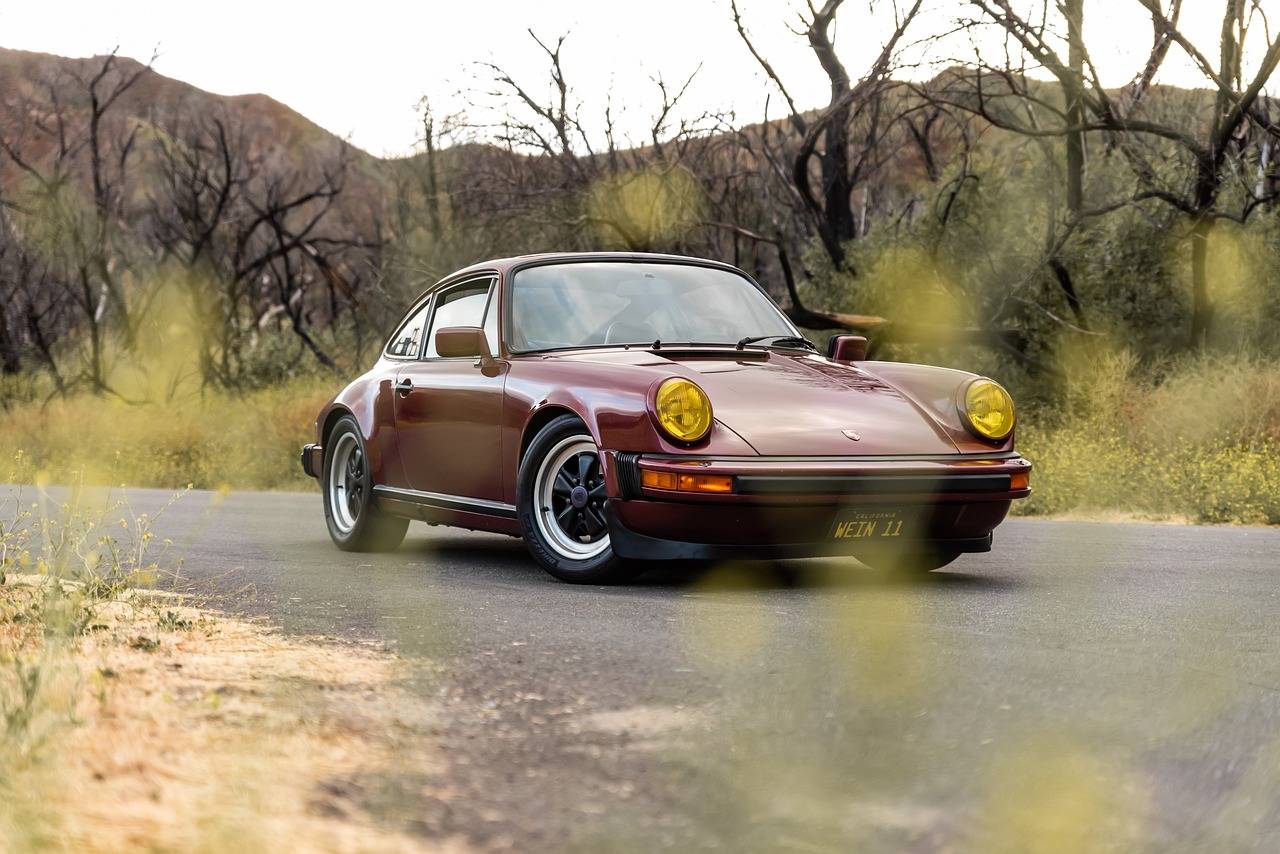
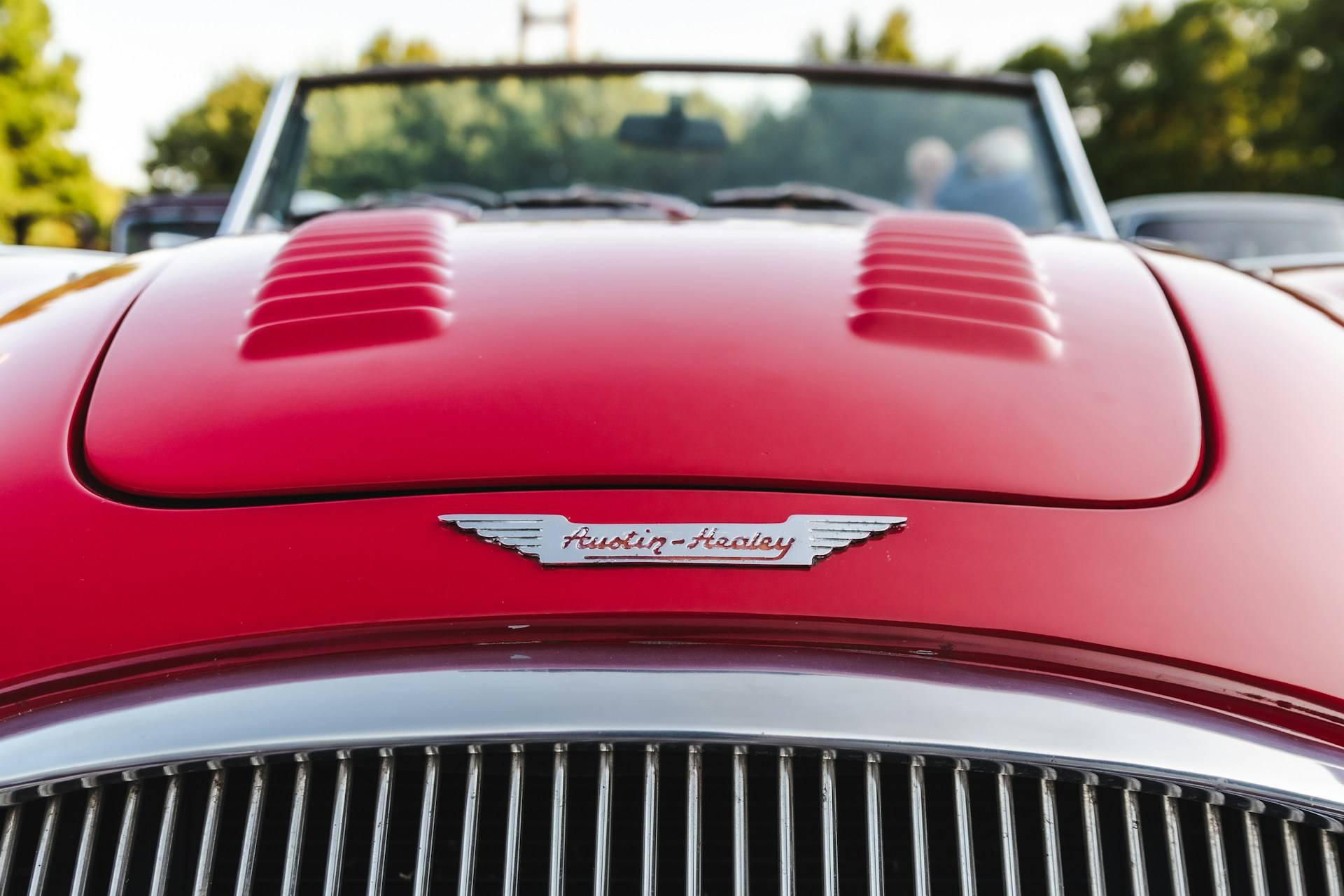
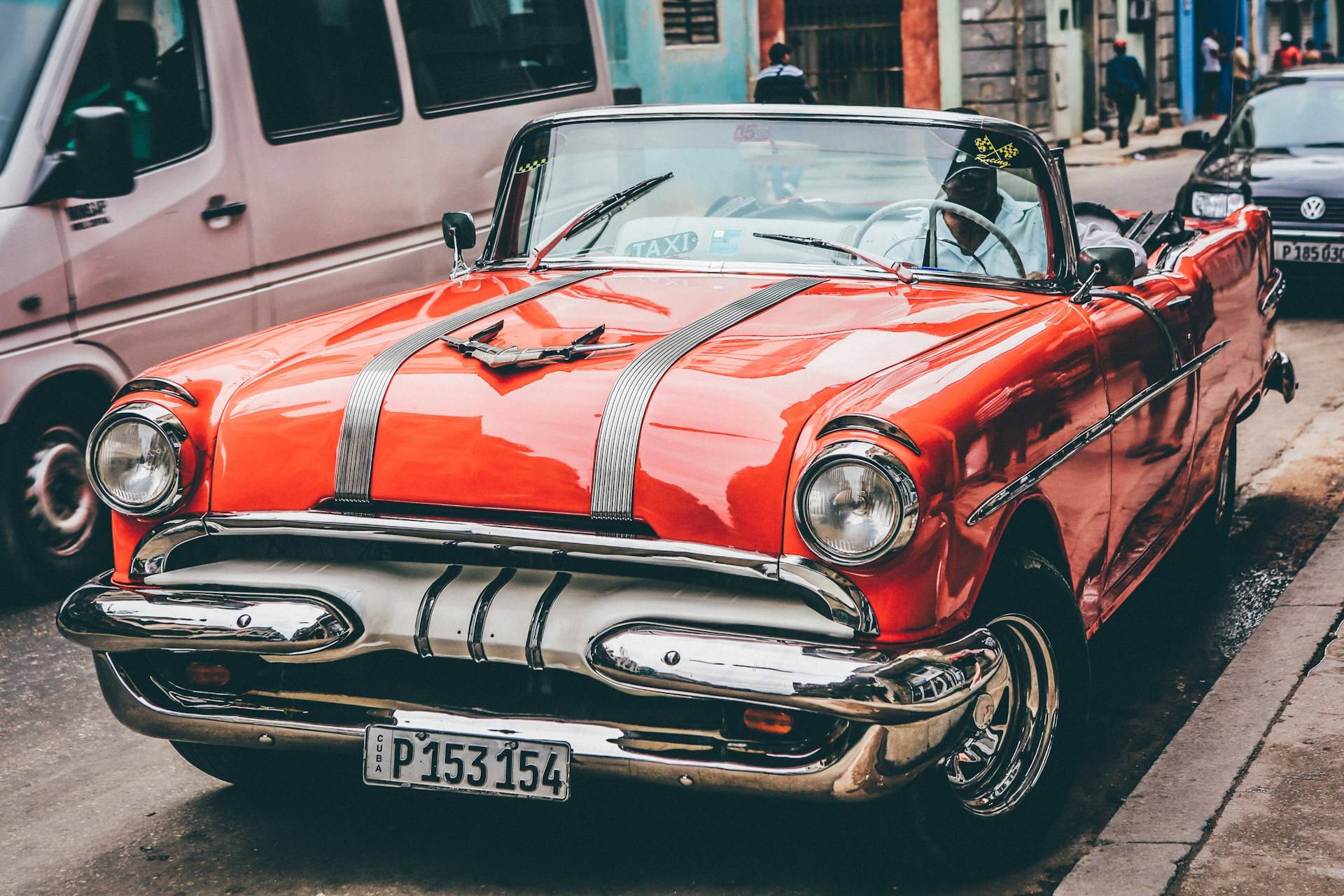
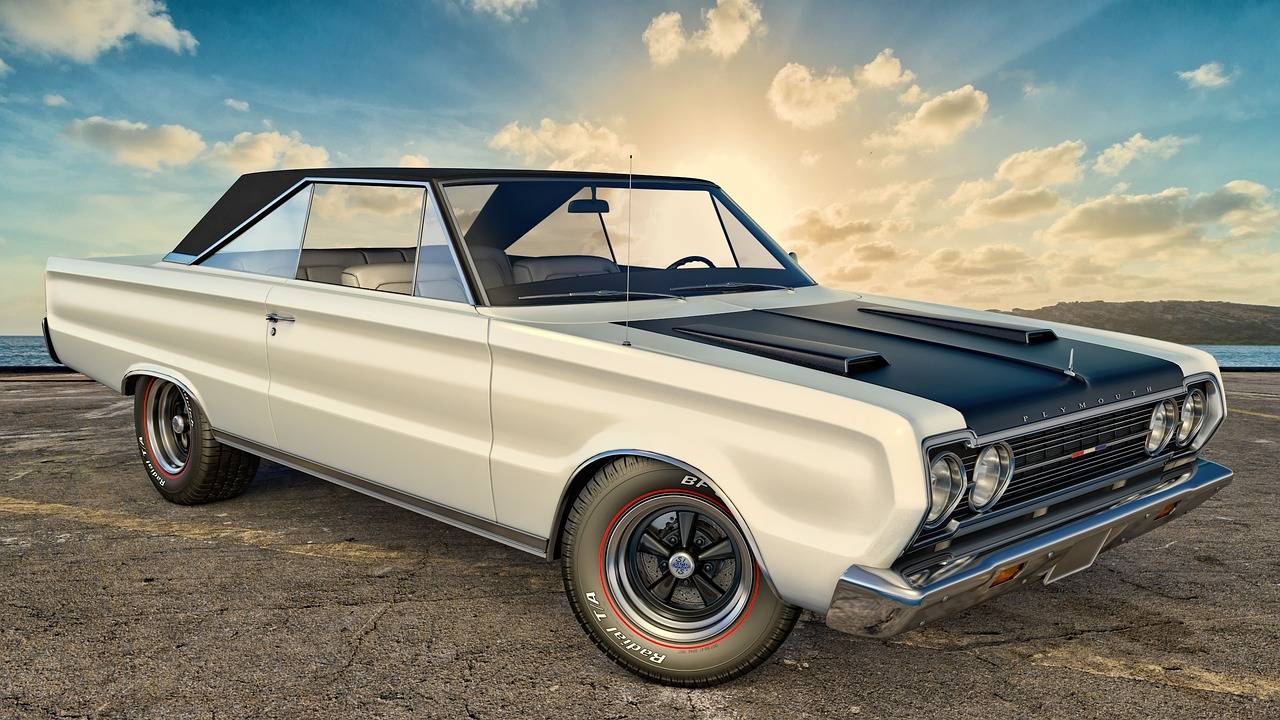
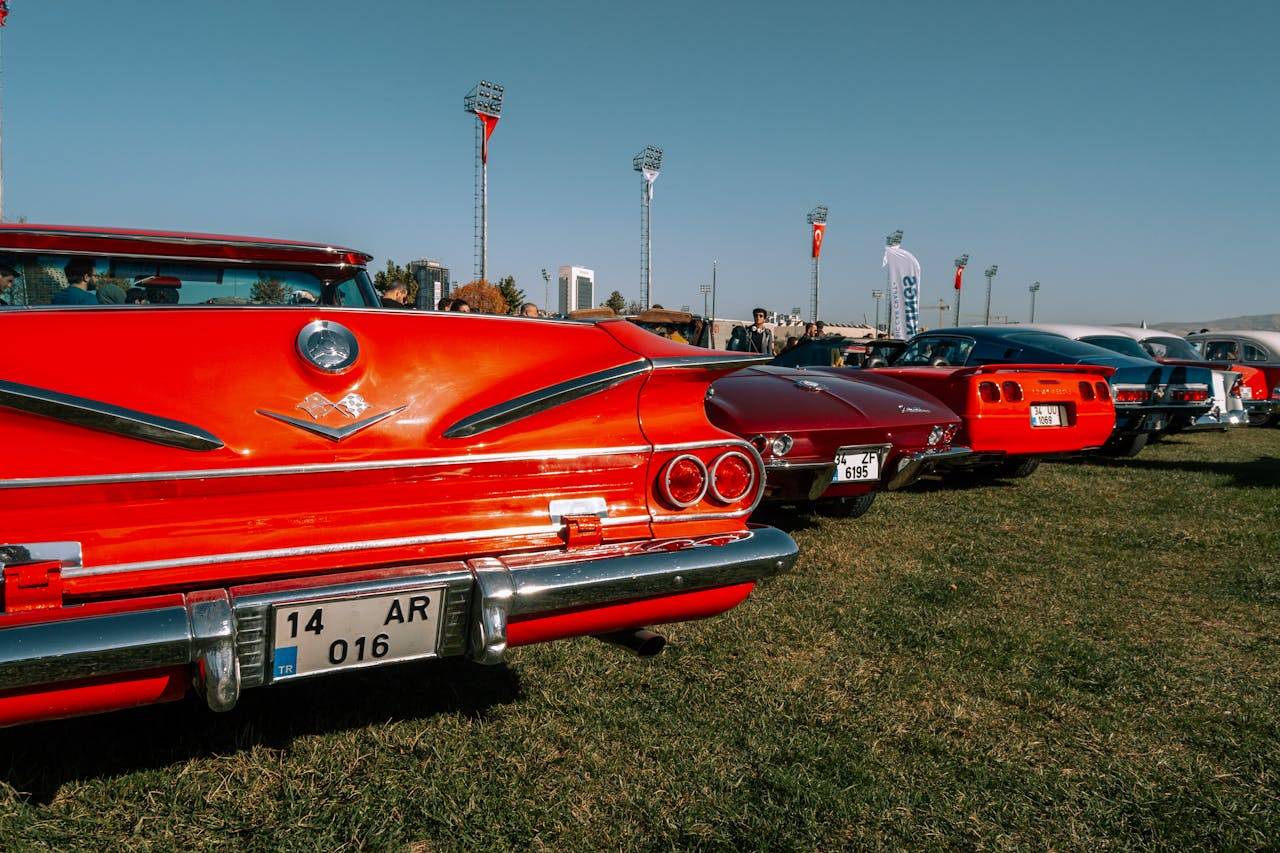
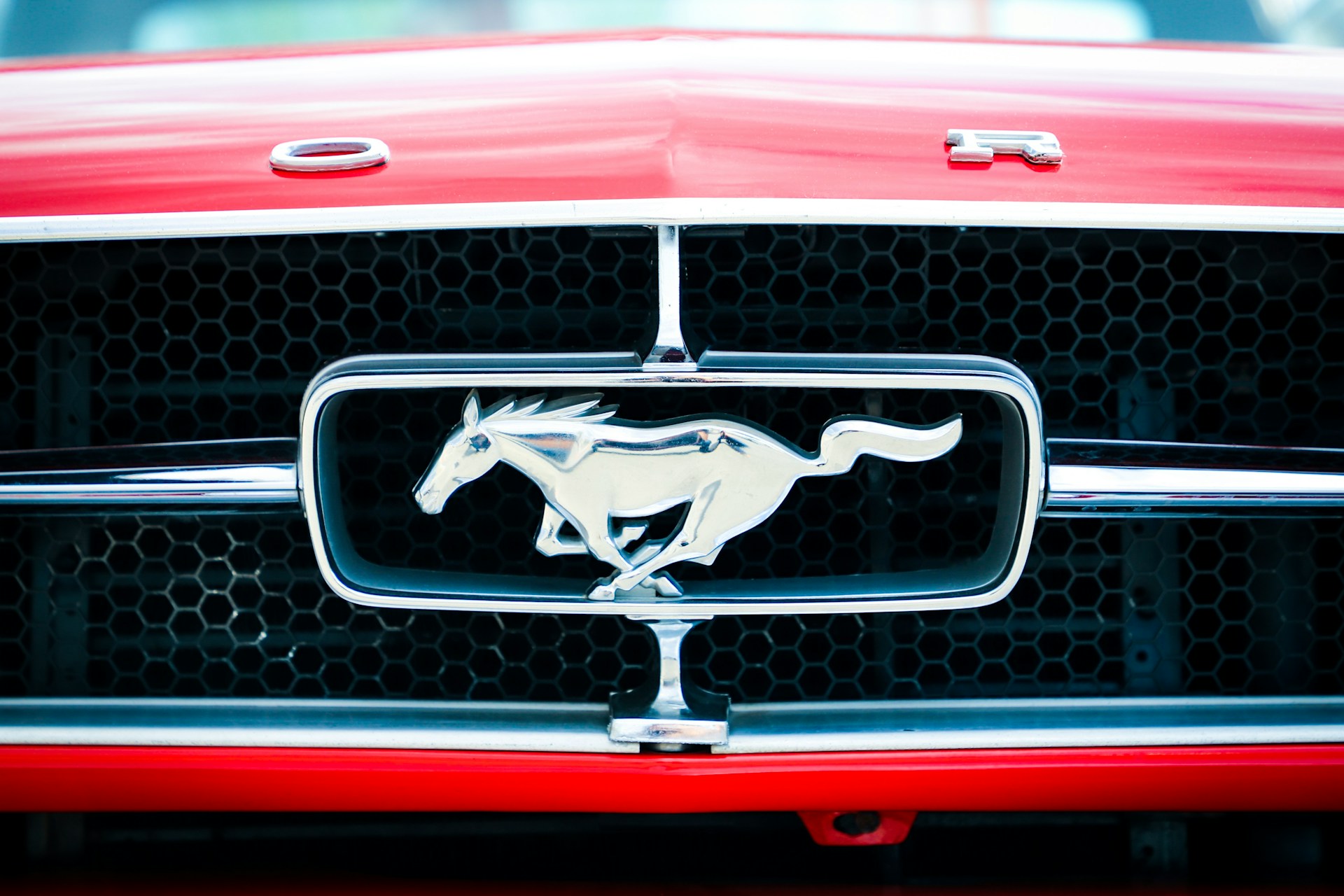
Leave a Comment